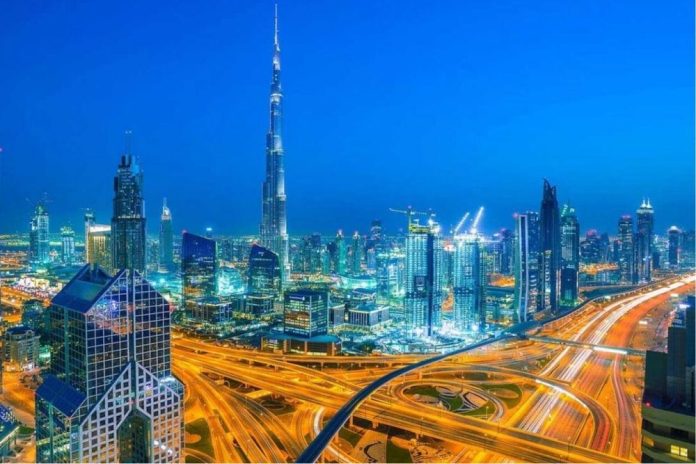Global Recognition: Dubai maintains its leadership in the Middle East and North Africa region, securing the 23rd spot on Kearney’s Global Cities Index for the third consecutive year.
Emerging Hubs: Emerging global city performance in the Middle East is on the rise, with Abu Dhabi making significant progress.
Global Cities Index (GCI) Overview
Assessing Global City Competence: The GCI evaluates cities based on their capacity to attract, retain, and generate global capital, people, and ideas.
Key Dimensions: Cities are measured across five key dimensions: Human Capital, Information Exchange, Cultural Experience, Political Engagement, and Business Activity.
Stability and Improvement
Steady Scores: Average GCI scores stabilize after a period of decline, with notable improvements in the Middle East and Africa.
Gulf Capitals Rise: Riyadh, Muscat, and Doha make significant gains in their overall rankings, driven by strong performance in the Human Capital dimension.
Factors Behind Success
Human Capital Magnet: The return of pre-pandemic international travel freedoms allows Gulf cities to attract substantial migrant talent and tourism.
Resilience and Prosperity: Rudolph Lohmeyer, Partner at Kearney, highlights the resilience, economic success, and talent attraction efforts contributing to Gulf cities’ post-pandemic achievements.
Global Cities Outlook
Future Potential: While the GCI reflects current city leadership, the Global Cities Outlook identifies cities with future global prominence potential.
Distributed Geography of Opportunity: The report observes a growing distributed geography of opportunity that could impact global cities.
Global Landscape Shifts
European Continuity: European cities maintain a strong presence in the top 30 rankings, demonstrating their resilience.
Asian Advancements: Asian global hubs like Seoul, Osaka, and Chennai show significant progress.
US Metropolitan Success: Second-tier US metropolitan areas successfully attract talent and capital, emerging as competitors to established global cities.
AI and Remote Work Impact
Changing Dynamics: The advancement of artificial intelligence and remote work is expected to reduce the significance of physical proximity, potentially causing disruptions to global cities.
Adaptive Strategy: To stay competitive in an evolving global landscape, adopting a regenerative model beyond resilience is crucial.
Also Read
“Dubai Residents Express Concern for Their Families in Gaza: ‘They are Alive… For Now’”



